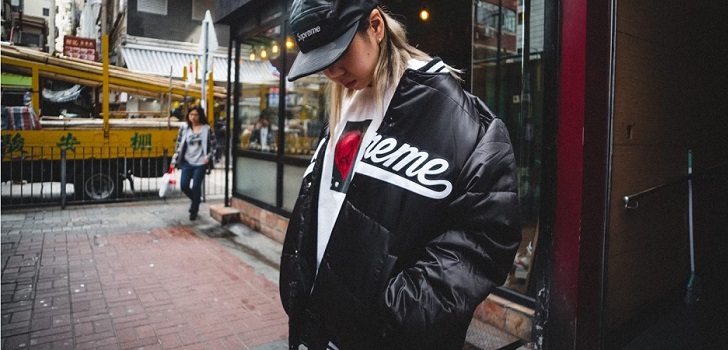Sustainability is only determinant on the purchase for 7%’s consumers
7% of the consumers affirm that sustainability is the key factor on purchase decision, while the 16% of them focuses on the price to value a product.

The eco factors enters on purchase decision, but does not determine it. New habits and demands have transformed the consumers’ preferences at the time of taking the purchase decision, being the sustainability one of their bigger concerns. While the 75% points the environmental impact as their greatest worry, only the 7% traduces this priority while buying.
Products’ price is the main factor in purchase decision making for the 16% of the consumers, while the 23% and the 17% left prioritize the quality of the items or brand’s value, respectively, as the main element at the time of purchasing, according to the report Pulse of the fashion industry 2019, developed by Boston Consulting Group.
17% of consumers give priority to brand’s value at the time of the purchase
Regarding sustainability, the reports points that the 38% of the consumers frequently changes of preferred brand because represents the concern on environment in a most credible way. In fact, the 50% of the consumers would be open to modify their priorities into a more sustainable brand.
The youngest generations, as the millennials and the Z Generation, are the most involved group within sustainability matters, according to the document, representing the 48% of the total, while the other 28% that is more concerned for sustainable fashion are the ones belonging to the Baby boomers generation, that affirm that they would stop buying non environmentally-friendly clothing items.
The actions for fashion business that consumers linked to sustainability are demanding are the associations with leader brands within this segment, and the reduction of the carbon footprint in the products’ place of fabrication.
38% of the consumers alterate its preferences to acquire sustainable clothing items
Besides, consumers’ preferences on the environmental impact of fashion brands vary in each market. For the US consumers, for instance, social issues have more importance than in other countries like China, as stated in the report.
The consultancy firm positions the consumers in the groups depending on their concern for sustainable fashions. 16% of them belongs to Open group, who have the expansion of their knowledge about materials’ origin as a goal, while they are more inquisitorial with the brands.
A 49% of the consumers, instead, embraces in Middle ground group, that show a minor interest for sustainable fashion. Their knowledge of the subject is standard and they follow the recommendations of other consumers, according to the consultancy firm. The 35% of the consumers remaining, for its part, does not present any interest for environmentally friendly fashion brands. In fact, as the consultancy firm points, the price of the products are more important for them at the time of purchasing, above any other characteristic.


info@themds.com
Validation policy for comments:
MDS does not perform prior verification for the publication of comments. However, to prevent anonymous comments from affecting the rights of third parties without the ability to reply, all comments require a valid email address, which won’t be visible or shared.
Enter your name and email address to be able to comment on this news: once you click on the link you will find within your verification email, your comment will be published.